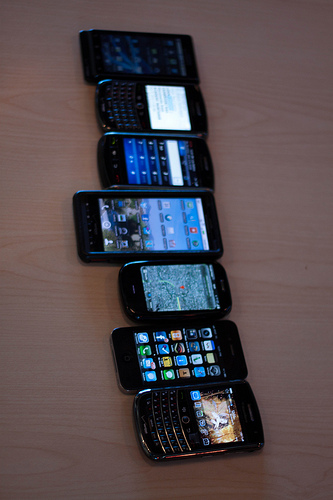Our latest guest post for Internet Safety Month comes from Judge Tom Jacobs, the founder of AsktheJudge, an educational website for teenagers and the laws that affect them. Here is his take on a big issue affecting teenagers both legally and socially today: sexting.
As you know, it only takes a few seconds to pull up your shirt or drop your pants, snap a picture and send it to a love interest. Regardless of your reason for sexting, think twice before actually doing it. It’s an act that may change, or even end, your life.
Your state may have a sexting law. You may or may not know about it or what it says. If you Google the name of your state and “sexting laws” you can read about the consequences for sexting someone. The fact that your state doesn’t have such a law isn’t a green light for you to go ahead and send a sext message or photo to even your closest friend. This is the Internet we’re dealing with. Every post or image has the potential to enter cyberspace and go viral. You can’t take it back once you hit “send” no matter how many times you go back to hit delete or trash.
Consider the case of 13-year-old Hope Witsell. It started out as flirting, but quickly turned into a nightmare. Hope was in middle school when she sent a topless photo of herself by text to a boy she liked. However, it was intercepted by a girl who had borrowed the boy’s cell phone. The girl forwarded the photo to friends and it spread to several schools.


















